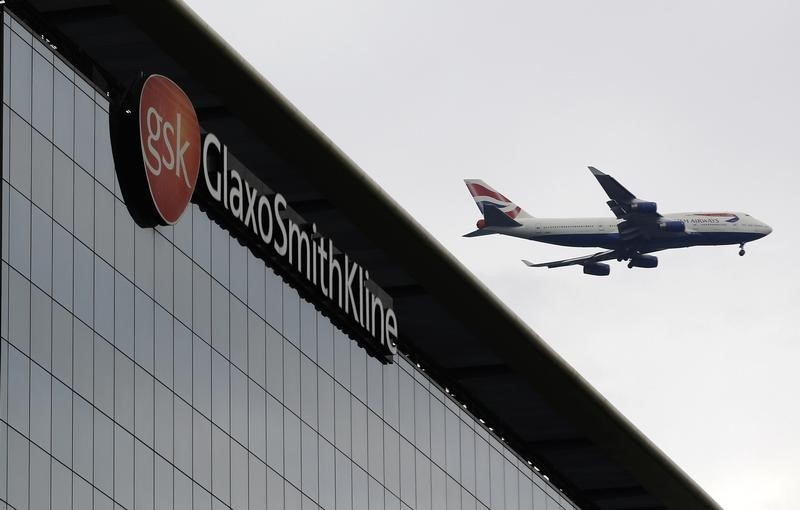By Kate Kelland
LONDON (Reuters) - GlaxoSmithKline (L:GSK) is feeling the heat from the rapid growth in electronic cigarettes, with enthusiasm for the nicotine delivery devices dampening sales of the British drugmaker's patches and gum, its chief executive said.
In an interview with Reuters, Andrew Witty also said he and his team had spent "a few days" exploring whether the drugmaker should compete directly by becoming an e-cigarette maker, but had swiftly decided against it.
"We've decided we're not going to play. We've consciously had a think about it but we're not going to play," Witty said.
"Of course, it's definitely taken a bit of our market, no question at all -- but there's a lot of competition in that space anyway."
GSK sells various nicotine replacement therapies (NRT) and smoking cessation products, mainly in the form of patches or gum, including the brands Nicorette, NicoDerm CQ and the medicine Zyban.
It is in the process of forming a consumer health joint venture with Novartis (VX:NOVN), whose brands include Nicotinell, making the combined business the market leader in the $3 billion-a-year smoking cessation market.
A study last year found smokers who switch to e-cigarettes to try to kick their tobacco habit are more likely to succeed in quitting or cutting down than users of nicotine patches.
But the electronic devices, sometimes known as vaporisers because of the vapour they produce, are the subject of fierce debate, with some experts concerned they may be a gateway to nicotine addiction and tobacco smoking.

Witty said e-cigarettes were "just too controversial" for GSK to want to get involved in at this stage, adding that "there's not enough data," to provide robust evidence of the products' risks and benefits.